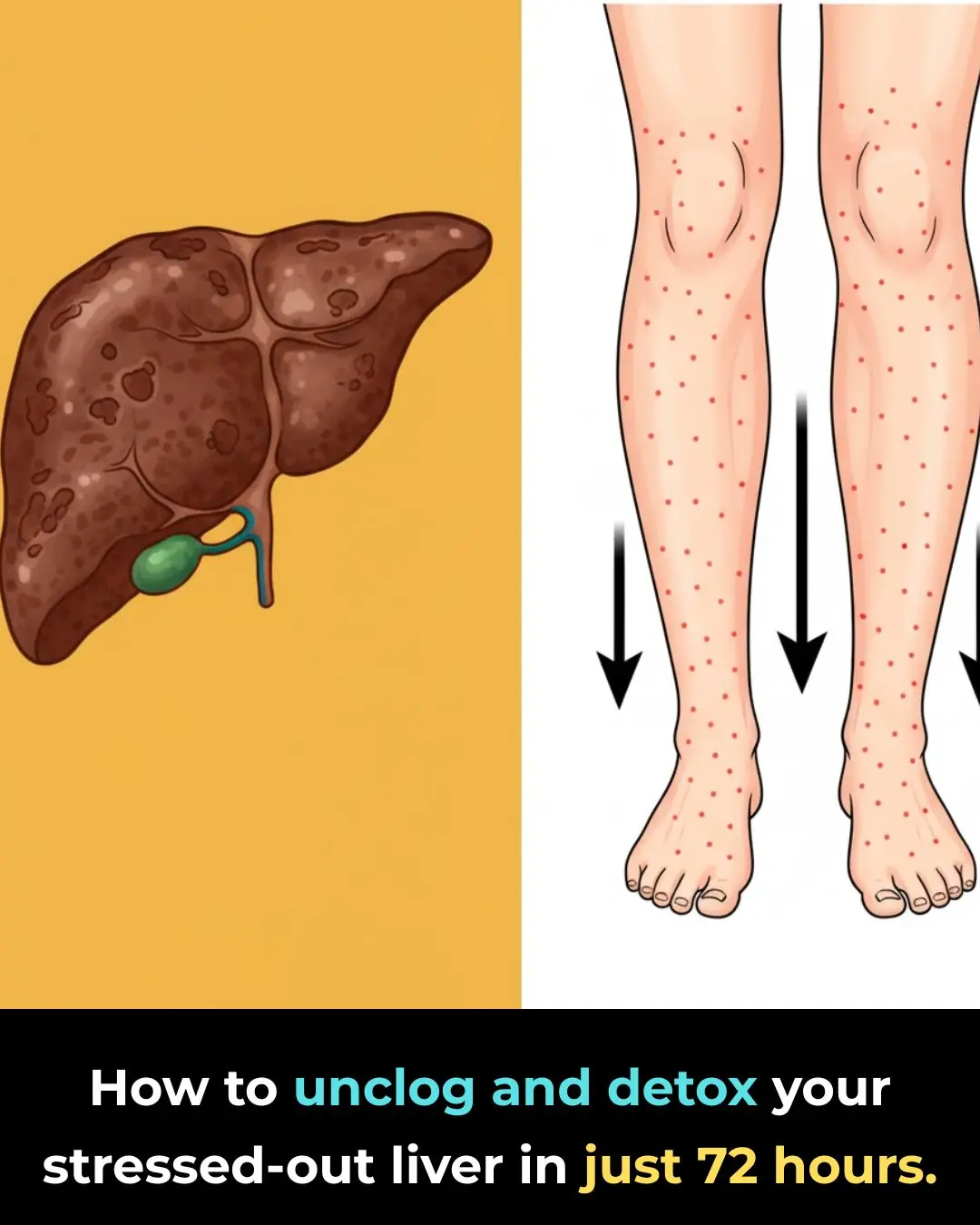
9 cancer warning signs your body is sending you (don’t ignore these!)
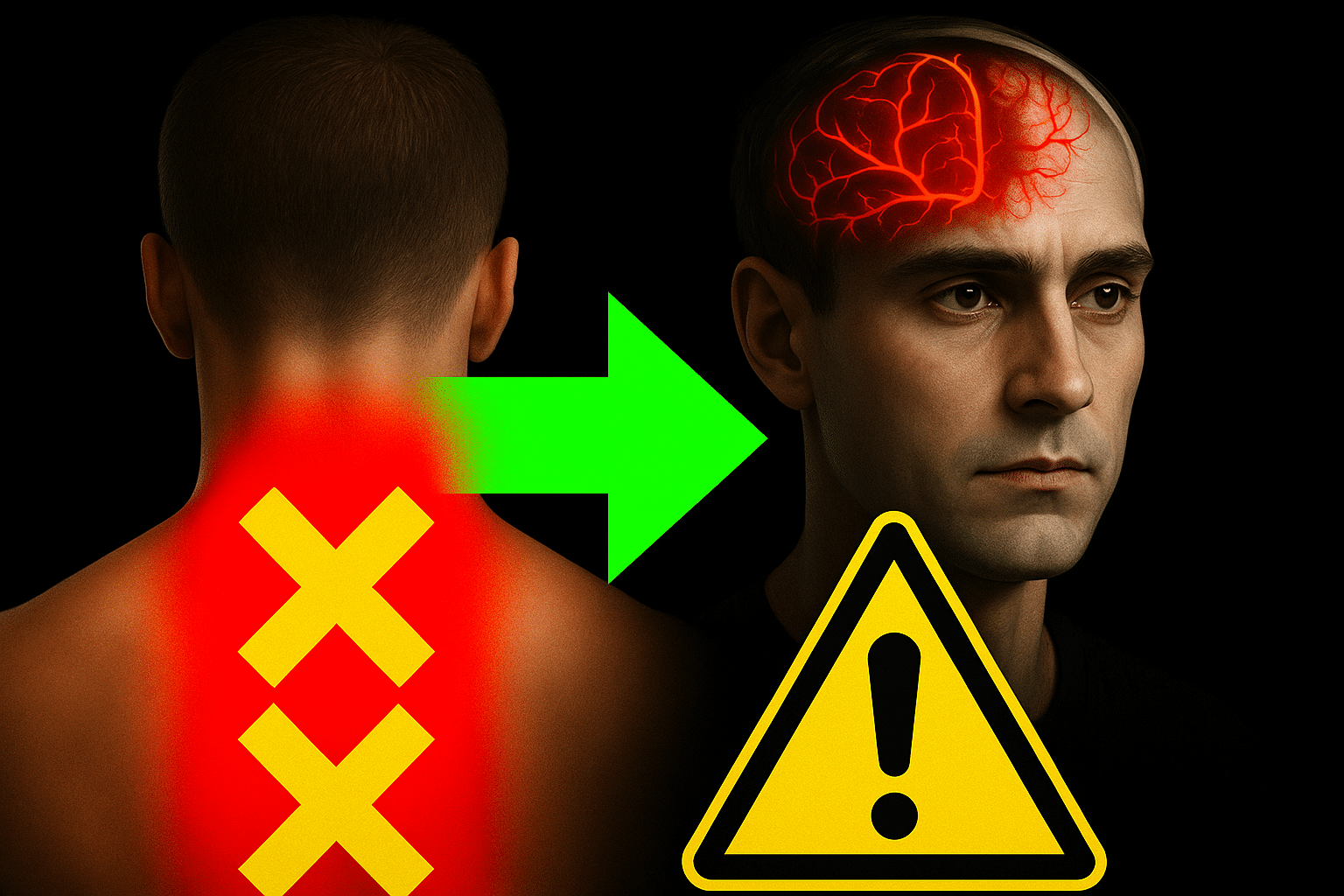
Pay close attention to your body. It communicates with you constantly—through subtle changes, new sensations, and sometimes loud alarms that demand your attention. While it’s easy to dismiss unusual symptoms as stress, aging, or “nothing serious,” certain signs could be your body’s early warning system that something more significant—potentially cancer—may be developing.
Early awareness is one of the strongest tools you have. Recognizing changes in your body and understanding when something isn’t normal for you can empower you to seek medical guidance before a condition becomes more advanced.
In this expanded guide, based on the insights of Dr. João Sorio, we’ll walk through nine potential cancer warning signs. Think of these not as reasons to panic, but as reasons to be informed, attentive, and proactive about your health.
Key Takeaways
• Listen to Your Body
Persistent, unexplained changes in how your body feels or functions should never be ignored.
• Common Symptoms Can Point to Serious Issues
Weight loss, chronic fatigue, bowel changes, or bleeding are major red flags requiring professional evaluation.
• Look for the Unusual
Unexplained bleeding, spontaneous blood clots, abnormal skin changes, or progressive pain are signals that demand timely medical attention.
• Early Detection Saves Lives
Catching cancer early dramatically improves outcomes. These symptoms are not diagnoses—but they are signposts guiding you toward early evaluation and care.
1. A New or Growing Lump in Your Neck (Thyroid Nodule)
A new lump or mass in the neck—especially one involving the thyroid gland—is one of the most common early signs of thyroid cancer. Many people discover nodules by accident while showering, shaving, or during routine medical exams.
Most thyroid nodules are benign, but any new or enlarging lump requires medical evaluation. Your doctor will typically recommend:
-
A thyroid ultrasound to examine the nodule’s shape, size, and structure
-
A blood test to check thyroid function
-
A possible fine-needle biopsy if the nodule appears suspicious
Early evaluation helps determine whether the nodule is harmless or something that needs further treatment.
2. Unusual Bleeding or Unexpected Blood Clotting
This warning sign involves two opposite extremes—both of which can indicate cancer.
Unexplained Bleeding
Bleeding from an unknown source is a classic cancer warning symptom. Examples include:
-
Blood in urine → potential sign of kidney or bladder cancer
-
Blood in stool or black, tarry stool → may indicate stomach or colon cancer
-
Coughing up blood → possible lung issues
-
Unusual vaginal bleeding → could signal gynecological problems
Tumors can disrupt or rupture nearby blood vessels, leading to bleeding that should always be investigated.
Unexplained Blood Clots (Thrombosis)
Many people don’t know that certain cancers release chemicals into the bloodstream that increase clotting. This makes the blood “stickier” and more prone to forming clots—especially in the legs.
If you develop a clot without obvious cause (like surgery or long travel), it’s a major red flag. A clot can break off and travel to the lungs, causing a life-threatening pulmonary embolism.
Both unexplained bleeding and clotting need immediate medical evaluation.
3. Significant, Unintentional Weight Loss
Losing more than 10% of your body weight within 6 months—without dieting or increasing exercise—is one of the most important cancer red flags.
Cancer-related weight loss happens because:
-
Tumors can alter your metabolism
-
The body burns more calories to fight growing cancer cells
-
Appetite may drop due to nausea or inflammatory chemicals
Other conditions can also cause weight loss, but this sign should always be investigated thoroughly.
4. Persistent, Overwhelming Fatigue
This is much more than feeling tired after a long week. Cancer-related fatigue is deep, long-lasting, and doesn’t get better with rest.
One of the most common causes is anemia, which develops when the body doesn’t have enough red blood cells to carry oxygen. Cancer can cause anemia by:
-
Triggering slow, chronic internal bleeding
-
Affecting the bone marrow
-
Disrupting nutrient absorption
Symptoms of anemia include:
-
Extreme exhaustion
-
Pale skin
-
Shortness of breath
-
Brittle nails
-
Hair thinning
A simple CBC blood test can identify anemia and guide further evaluation.
5. Changes to a Mole or the Appearance of a New Skin Spot
Your skin can reveal early signs of melanoma, one of the most dangerous forms of skin cancer. Use the ABCDE rule to monitor moles:
-
Asymmetry
-
Border irregularity
-
Color changes
-
Diameter larger than 6 mm
-
Evolving appearance
Other red flags include:
-
Itching
-
Bleeding
-
Rapid growth
-
A new spot that looks very different from your other moles
Early detection is crucial—melanoma can spread quickly if left untreated.
6. A Persistent Change in Bowel Habits
Your bowel habits are often one of the first indicators of colon or rectal cancer.
Concerning changes include:
-
New or persistent diarrhea
-
New or persistent constipation
-
Thinner stools (“pencil-thin”)
-
Blood in stool
-
Abdominal pain or cramping
-
Feeling of incomplete evacuation (tenesmus)
A colonoscopy is the most definitive and effective test for investigating these symptoms. While many people fear the procedure, it is the best tool for early detection.
7. Swollen Lymph Nodes With No Infection
Lymph nodes naturally swell when you’re fighting an infection. But swollen nodes that:
-
Last several weeks
-
Feel firm or rubbery
-
Don’t hurt
-
Continue growing
can be a sign of:
-
Lymphoma (cancer of the lymphatic system)
-
Metastatic cancer spreading from a nearby organ
Common areas where swollen nodes appear include the neck, underarms, and groin.
8. Pain That Gradually Gets Worse
Not all pain is the same. Cancer-related pain often:
-
Develops slowly
-
Becomes more intense over time
-
Responds poorly to typical pain medications
-
Interferes with sleep or daily activities
A growing tumor can press on nerves, bones, or organs, causing pain that gradually worsens. Persistent, progressive pain should never be ignored.
9. Recurring Fevers or Severe Night Sweats
If you’re experiencing fevers without any clear infection, especially in the evenings, this may signal an underlying issue.
When combined with drenching night sweats—the type that soaks your clothes or sheets—the concern becomes more serious.
Certain cancers release substances that disrupt the body’s temperature regulation. These symptoms are especially associated with blood cancers like lymphoma or leukemia.
Conclusion: Your Body Speaks—Don’t Ignore It
Your body has a remarkable ability to alert you when something isn’t right. These nine warning signs don’t automatically mean cancer, but they do mean you should pay attention.
By recognizing unusual or persistent changes:
-
You take control of your health
-
You catch problems earlier
-
You increase the chances of successful treatment
If something doesn’t feel normal, trust your instincts. Make an appointment with your doctor, discuss your concerns openly, and follow through with recommended tests. Early detection saves lives—and it starts with listening to your body.
News in the same category


Drink one cup daily of this juice to UNCLOG arteries?
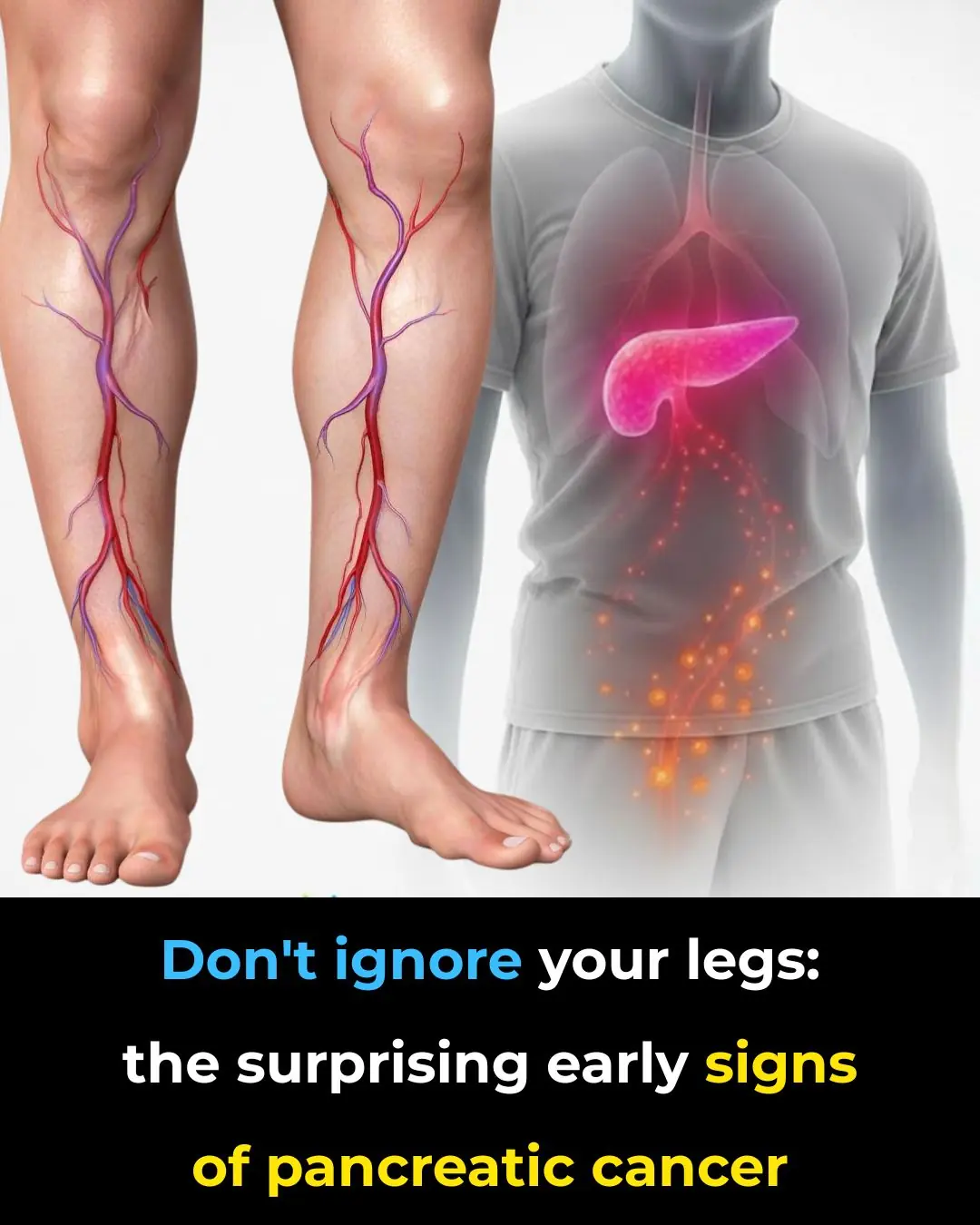
Don’t ignore your legs: the surprising early signs of pancreatic cancer

Texas reports 4× surge in whooping cough cases — health officials issue statewide alert
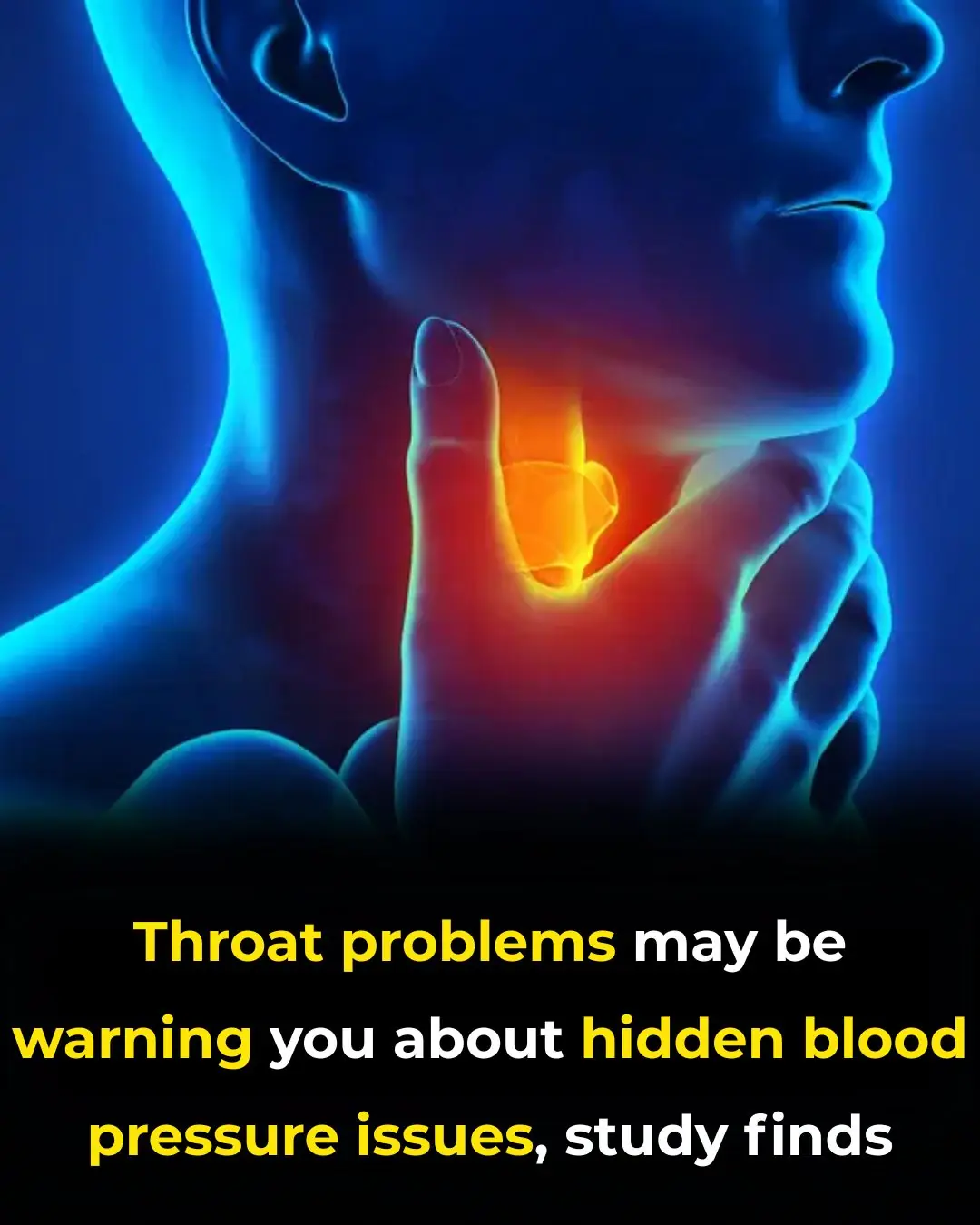
Throat problems may be warning you about hidden blood pressure issues, study finds
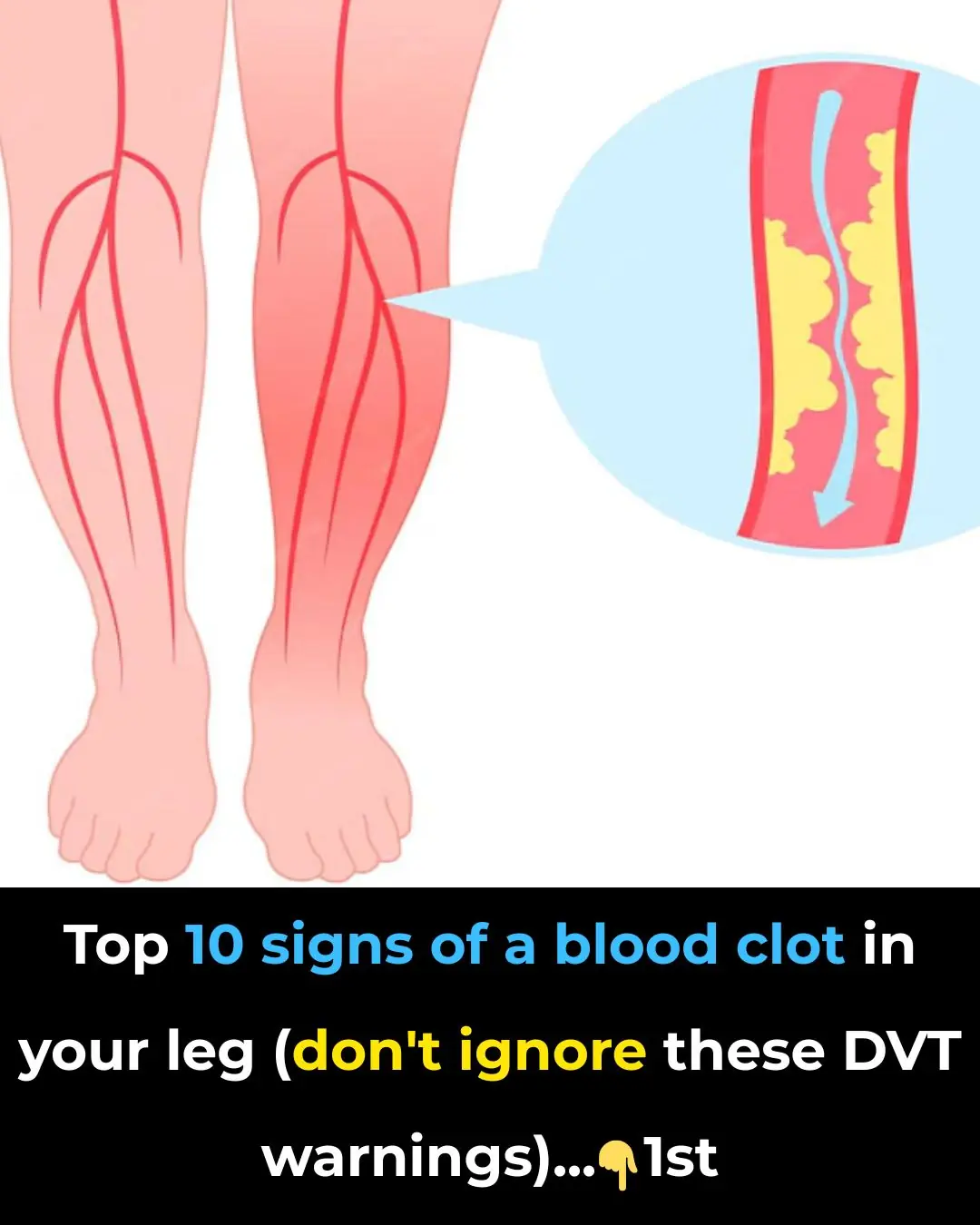
Top 10 signs of a BLOOD CLOT in your leg (prevent Deep Vein Thrombosis)

Say Goodbye to Parasites, Cholesterol, High Blood Pressure, and Poor Circulation With This 7-Day Homemade Drink

Drink This 2X a Day to Remove Uric Acid Before it Crystallizes in Your Joints and Becomes Painful
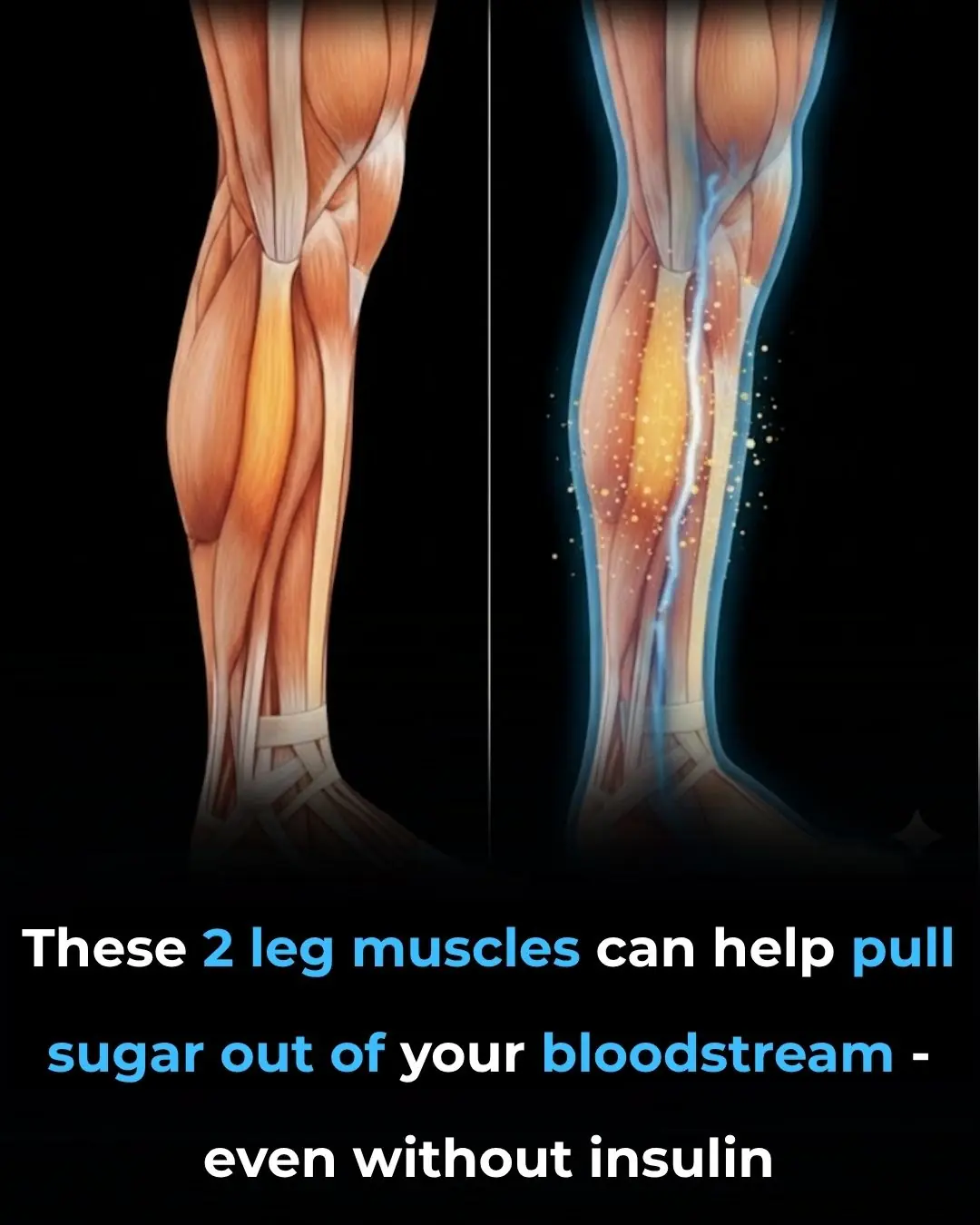
Lower blood sugar naturally by training just 2 leg muscles

3 Food Combo to Strengthen Your Heart

What Your Belly Is Trying to Tell You

1/4 teaspoon reverses gut inflammation & cleanses liver toxins

Vitamin D3 cuts second heart attack risk by half
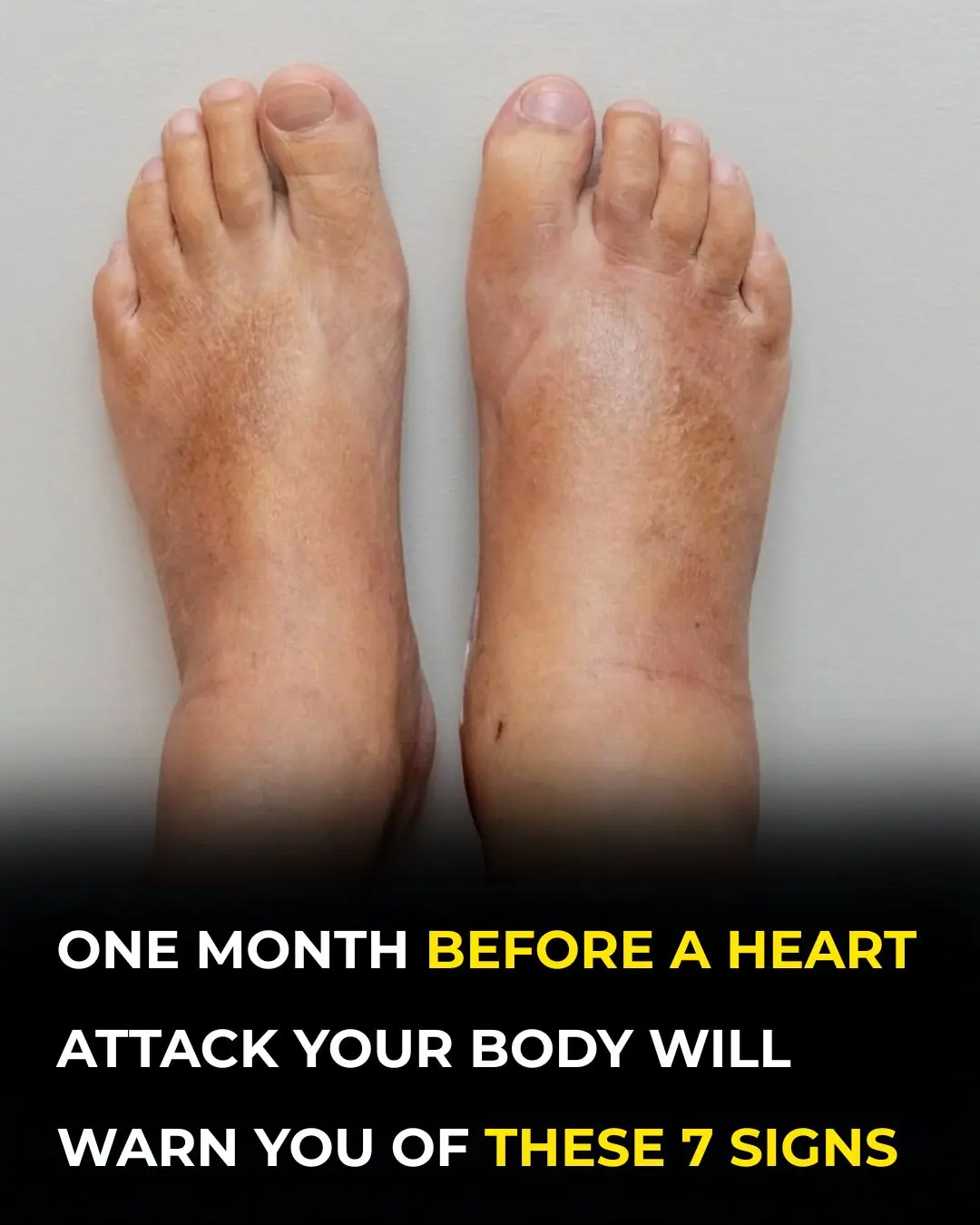
One Month Before A Heart Attack, Your Body Will Warn You Of These 7 Signs

4 vitamins to reverse neuropathy and damaged nerves – relieve foot & hand pain fast!

1st death linked to “meat allergy” spread by ticks, doctors confirm

Ignite Your Day: Eggs + Coffee for Unstoppable Stamina & Vitality

How to Effectively Remove a Painful Ingrown Toenail WITHOUT Having To Go To The Doctor

This Is What Happens To Your Lungs When You Dry Laundry Indoors
News Post

How To Unclog And Detox Your Stressed-Out Liver In Just 72 Hours

Why should you drop a clove of garlic into the toilet at night?

4 ways to boil chicken without water

5 Best Collagen Toners For Wrinkle Free Glowing Skin

Rice water is like gold in the house if you know how to use it for these things

7 Days Indian Glass Skin Challenge

I Just Discovered the Benefits of Hanging a Bottle Cap on a Keychain

4 Dangerous Mistakes When Using an Air Fryer: Risks of Food Poisoning, Cancer, and Fires

Coffee Baby Oil Vitamin E Formula: Collagen Cream For Wrinkle Free Glowing Skin

Lady places cup of vinegar into microwave. Here’s the genius reason why

I had no idea this was a thing

6 ways to use wind oil to help repel mosquitoes extremely well

10 odd home fixes you’ll wish you learned years ago

12 weird but genius ways to unclog things naturally

Put borax on wax paper and slide it under fridge. Here's why

How to Grow Cucumbers in Pots for Heavy Harvests All Season Long

How to make steamed pears with rock sugar is both delicious and nutritious
Let’s take a look at some tips to help keep your kitchen space clean and free of unpleasant odors.

Drinking Roasted Black Bean and Ginger Tea for 7 Days Brings 3 Major Health Benefits
